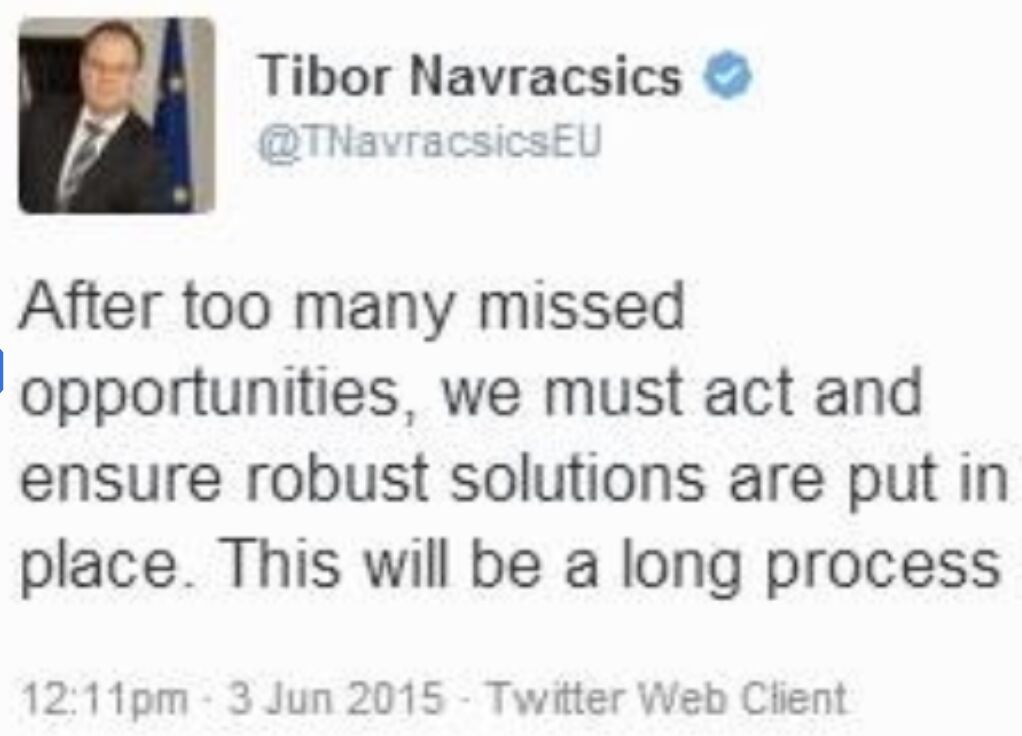By continuing to browse, you accept the use of cookies. To learn more about the use of cookies and our approach to data privacy, click here.
Blog Post
May 30, 2024
By
András Baneth
Building Trust: The Foundation of Persuasive Communication
In the world of persuasive communication, trust is everything.

Why Trust Matters
Trust is the glue that holds relationships together. In communication, it:
- Facilitates openness: When people trust you, they’re more likely to listen and engage.
- Enhances credibility: Trust makes your messages more believable and impactful.
- Encourages loyalty: Trusted communicators build lasting connections.
Key Elements of Trustworthy Communication
Authenticity
- Be genuine: Speak from the heart and avoid exaggerations.
- Show vulnerability: Admit when you make mistakes and be real.
- Consistency: Make sure your words match your actions.
Transparency
- Share information openly: Don’t withhold crucial details; be forthright.
- Explain your motives: Let your audience know why you’re sharing this information.
- Be clear and straightforward: Avoid jargon and be as clear as possible.
Competence
- Demonstrate expertise: Share your knowledge and experience confidently.
- Be prepared: Know your subject matter inside and out.
- Provide evidence: Use data, testimonials, and case studies to support your points.
Reliability
- Keep promises: Follow through on what you say you’ll do.
- Be punctual: Respect deadlines and punctuality.
- Consistency over time: Regularly communicate and maintain quality in your interactions.
Empathy
- Listen actively: Show that you value your audience’s input.
- Acknowledge feelings: Recognize and respect the emotions of your audience.
- Adapt to needs: Tailor your message to address specific concerns and interests.
Practical Tips for Building Trust
- Personalize your communication: Address your audience by name and acknowledge their unique perspectives.
- Use positive body language: Maintain eye contact, nod in agreement, and use open gestures.
- Follow up: After initial communication, check in with your audience to reinforce your message and show that you care.
- Admit when you don’t know: Being honest about your limitations can enhance your credibility.
Building Trust Online
In today’s digital age, building trust online is just as crucial. Here’s how:
- Maintain a professional online presence: Use a consistent, professional tone across all platforms.
- Engage with your audience: Respond to comments, messages, and feedback promptly.
- Share valuable content: Regularly post content that is useful and relevant to your audience.
- Protect privacy: Ensure that any data collected is handled responsibly and transparently.
The Long-Term Benefits of Trust
Investing in trust-building pays off in numerous ways:
- Enhanced influence: A trusted communicator can persuade more effectively and with greater ease.
- Stronger relationships: Trust fosters deeper and more meaningful connections.
- Increased opportunities: Trusted individuals and organizations attract more opportunities for collaboration and growth.
Conclusion
Building trust isn’t a one-time effort but an ongoing process that requires dedication and consistency. By focusing on authenticity, transparency, competence, reliability, and empathy, you can lay a solid foundation of trust that enhances your persuasive communication.
Remember, trust is the key to unlocking the full potential of your influence.

